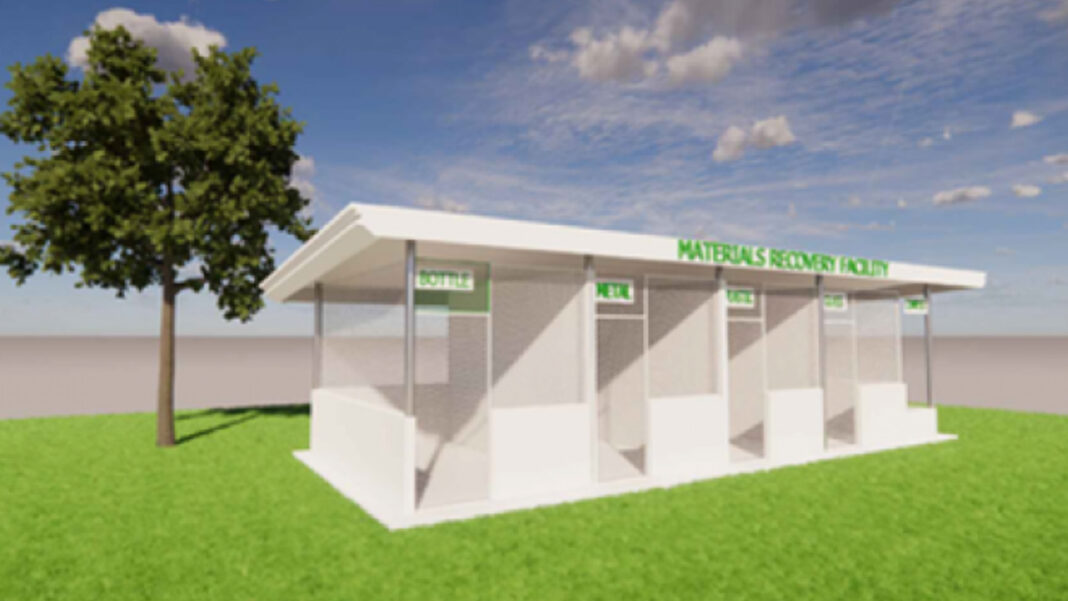The Philippines has achieved significant progress in solid waste management halfway through the Marcos administration and is close to full compliance with mandated solid waste management (SWM) plans, the Department of Environment and Natural Resources (DENR) said Thursday.
In a news release, the DENR cited data from its Environmental Management Bureau (EMB) showing that from July 2022 to June 2025, a total of 328 local government units (LGUs) had their 10-year SWM plans approved, while 41 others had theirs renewed.
This raises the number of compliant LGUs to 1,416 out of 1,592, or 89 percent nationwide.
Environment Secretary Raphael Lotilla said this development advances the Philippine Development Plan’s objective of improving waste management at the local level.
“These plans serve as the foundation for maximizing resource recovery and reducing dependence on landfill disposal,” he said.
Lotilla said the plans also included strategies for a more efficient waste collection, equipment maintenance, and operation of solid waste management facilities.
“Proper implementation of these plans involves segregation at source, waste diversion, and the establishment of local disposal facilities to prevent pollution, especially marine litter,” he added.
Republic Act 9003, or the Ecological Solid Waste Management Act of 2000, requires LGUs to craft a 10-year SWM plan for reuse, recycling, composting, and the efficient management of waste within their jurisdiction.
Moreover, they are expected to conduct information drives, establish materials recovery facilities (MRFs) and sanitary landfills (SLFs), and partner with organizations to enhance recycling and waste processing efforts.
The DENR-EMB noted progress in waste infrastructure with the increase in MRFs from 11,779 in 2022 to 12,864 in 2025.
The number of barangays served also increased from 17,636 to 19,464, or equivalent to 49.3 percent of all barangays nationwide.
SLFs also increased from 287 facilities, serving 567 LGUs, to 343 facilities serving 748 LGUs, covering nearly half of all cities and municipalities.
President Ferdinand R. Marcos Jr. earlier urged local chief executives to strengthen implementation of waste reduction and disposal measures, warning that improper management contributes to flooding, health risks, and environmental degradation.
He said the government is preparing to launch a waste-to-energy project in Manila as a pilot program to address mounting garbage problems that also worsen flooding, which could also be expanded in other urban areas in case of a positive result.
The President stressed that garbage accumulation renders pumping stations ineffective during heavy rains, leading to urban flooding. (PNA)


